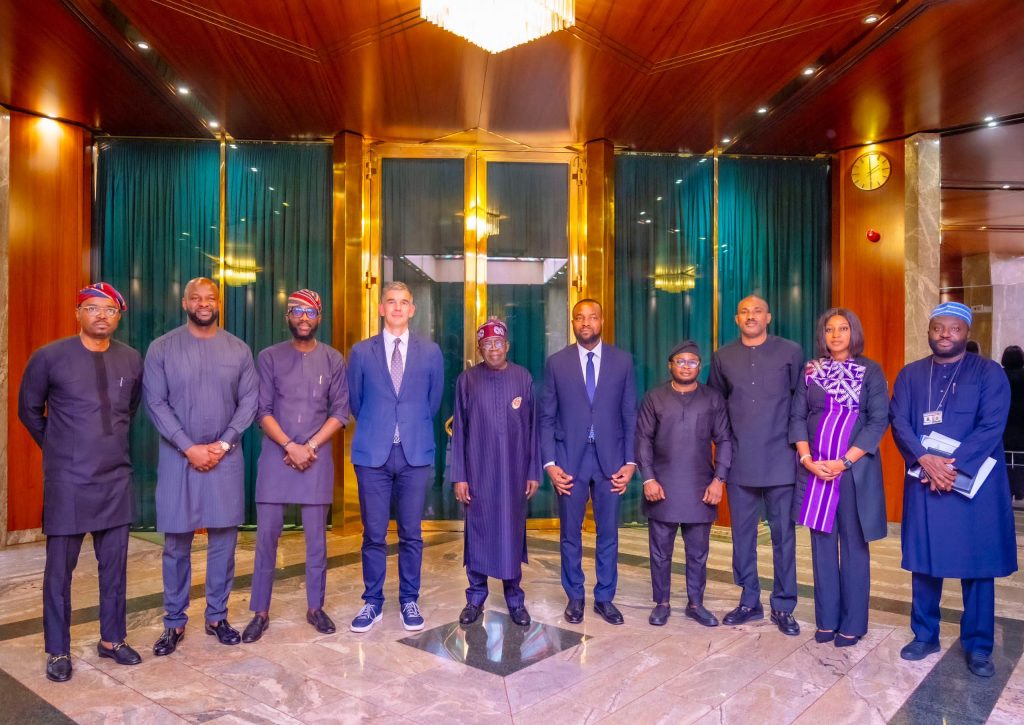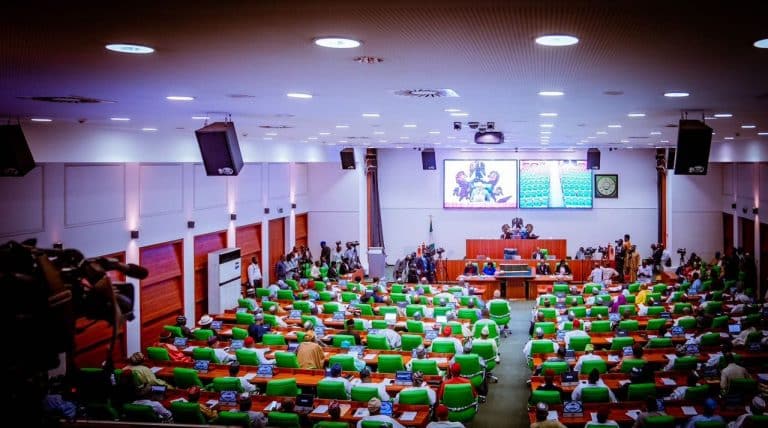In light of growing concerns over government interference and digital censorship, the National Human Rights Commission (NHRC) and other rights advocates on Thursday urged enhanced protection of citizens’ digital rights. The call was made at an event hosted by the NHRC in collaboration with the World Impact Development Foundation (WIDEF) at the NHRC headquarters in Abuja, where participants discussed the need to align Nigeria’s digital policies with international human rights standards.
Pwadumdi Okoh, NHRC Deputy Director of Legal Services and Enforcement, representing Executive Secretary Tony Ojukwu, emphasised that digital rights must be treated as integral to basic human rights. She stated, “Digital activities often transcend national borders, creating complexities in enforcing laws and protecting rights. So, addressing these challenges requires international collaboration and agreement to ensure that digital rights are upheld globally.” Okoh stressed the importance of transparency, accountability, and cooperation in crafting a digital environment that respects citizens' rights.
Vincent Olatunji, CEO of the Nigeria Data Protection Commission (NDPC), represented by Head Regulations Unit, Ibukunoluwa Owa, highlighted that risks associated with digital space—such as cybercrimes, identity theft, and unauthorised data access—further underscore the urgency for digital rights protection. He noted that the rapid digitalisation of society makes this focus more critical.
Kingsley Godwin, Executive Director of WIDEF, added that the discourse around digital rights has gained importance due to the accelerated digital transformation across sectors. In a panel discussion addressing digital censorship, surveillance, and internet shutdowns, Ehi Idakwo, Programmes and Learning Manager at Accountability Lab Nigeria, argued for a clear distinction between digital rights breaches and legitimate national security concerns.
Cases of digital rights violations in Nigeria were discussed, including the government’s seven-month suspension of X (formerly Twitter) in 2021, following the platform’s removal of a contentious post by former President Muhammadu Buhari. In August, 36 civil society organisations (CSOs) criticised the government for allegedly reducing internet speed during the #EndBadGovernance protest. Other recent incidents involved arrests linked to online comments, such as Chioma Okoli’s 2023 arrest for criticising a food product’s sugar content, and the police summons of Funke Adeoye, founder of Hope Behind Bars, over alleged defamation on her social media account.
Lucy Abagi, Chief Executive Officer of the Public and Private Development Center (PPDC), highlighted the broader impact of digital rights violations on democratic participation, stating, “Continuous advocacy on digital rights is essential, as even small impacts are significant.” Abagi called for ongoing efforts to address these challenges and protect public engagement in civic matters.
Panelists also pointed out that Nigeria’s legal framework, particularly the Nigerian Data Protection Regulation and the Cybercrimes Act 2015, remains insufficient in safeguarding digital rights. The Cybercrimes Act, they noted, has often been used by law enforcement to target journalists and activists. Although the Digital Rights and Freedom Bill aimed to protect online users, it was rejected by former President Buhari, who argued that the bill covered “too many technical subjects” without addressing any thoroughly.
Mohammed Buhari, a digital rights and internet governance activist, stated that the design of Nigeria’s digital rights framework should be guided by societal context and the need for accountability. Moses Faya, founder of Tech Policy Advisory, echoed this sentiment, advocating for more awareness campaigns and engagement with lawmakers to develop effective policies.
The event concluded with a consensus on the importance of securing digital rights in Nigeria. As digital spaces continue to grow, rights advocates and policymakers stressed the need for an inclusive, rights-respecting digital environment aligned with global standards.

 2 hours ago
23
2 hours ago
23














